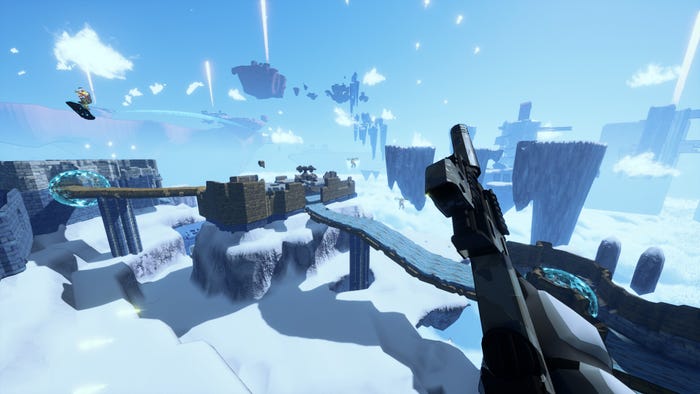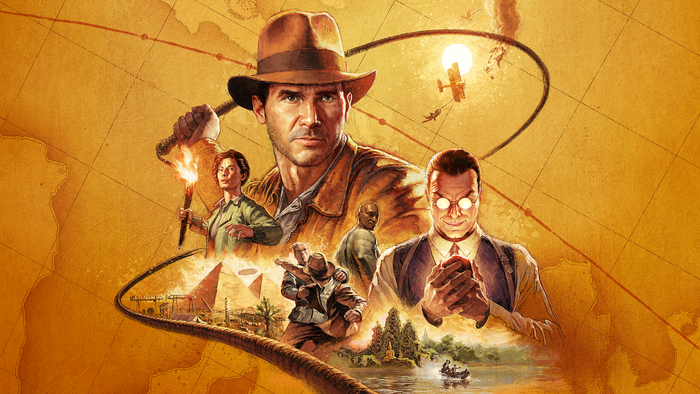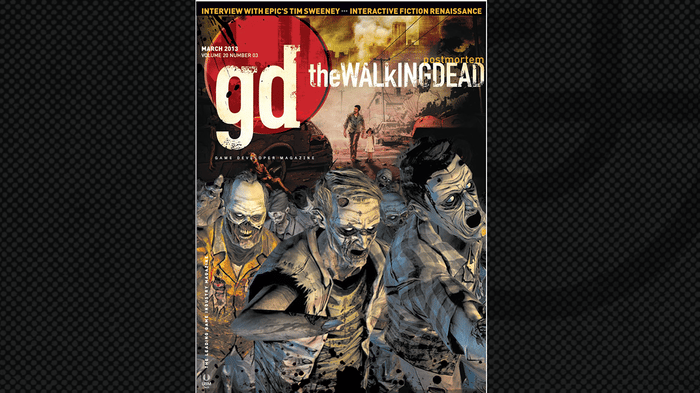Feature: 'The Future Of The Real-Time Strategy Game'
In a thought-provoking, Gamasutra-exclusive feature, researcher Nathan Toronto examines the history of RTS titles such as Starcraft, discussing a possible future</
January 24, 2008

Author: by Staff
Once one is accustomed to the controls, hotkeys, and effective tactics in some real-time strategy games, some of the freshness fades, and it becomes a battle of attrition, a basic contest to see who wears down first. There really is only one strategy: Wear down your opponent before you get worn out yourself. And since there's only one strategy, victory is determined by the superior tactician, not the superior strategist. Nathan Toronto, who in his day job conducts research on Middle East security affairs and the tactical development of insurgencies, feels that the reason that RTS games become RTT games is because they ignore a key fact: "War is the continuation of policy by other means." Says Toronto: "RTS games have done a superb job of simulating war but a lousy job of simulating politics. If RTS games are to be truly strategic, then they need to simulate both war and politics. Why? Because war is politics." And without politics, continues Toronto, war games are destined to become these battles of attrition. As an example, Toronto considers StarCraft: "The player directs drone-like units to collect resources, turns those resources into buildings and combat units, and then directs those units to seek out and destroy the enemy. If the player chooses, he can simply wait for the enemy to come to him, trusting in the power of defense to wear his opponent down. But he cannot win unless he finds the enemy base and destroys it. In other words, StarCraft models total war, or war in which a combatant uses all available resources to the very bitter end. In total war, though, there is no second place, so a strictly defensive stance is a recipe for defeat." Toronto offers three suggestions to RTS game developers to expand the range of the genre by adding in political factors. As one example, Toronto suggests offering non-strategic decisions: "Having players develop strategies for convincing the peasant to give up his produce (be it through force or loyalty) would add an intriguing strategic dimension to RTS games. Two games that I have played might benefit from this suggestion. In Age of Empires and Rise of Nations, the player essentially micro-manages society, going so far as to train individual workers and assign them mundane economic tasks. In reality, workers perform economic tasks out of their regard for their own welfare, and generate a diversity of political interests in society depending on what economic tasks they perform, on what resources are available, and on how political leaders extract resources from society." You can now read the full feature, which contains more in-depth discussion on adding complexity to the genre and the types of decisions developers can offer players to richen the RTS experience (no registration required, please feel free to link to this feature from other websites).
You May Also Like







